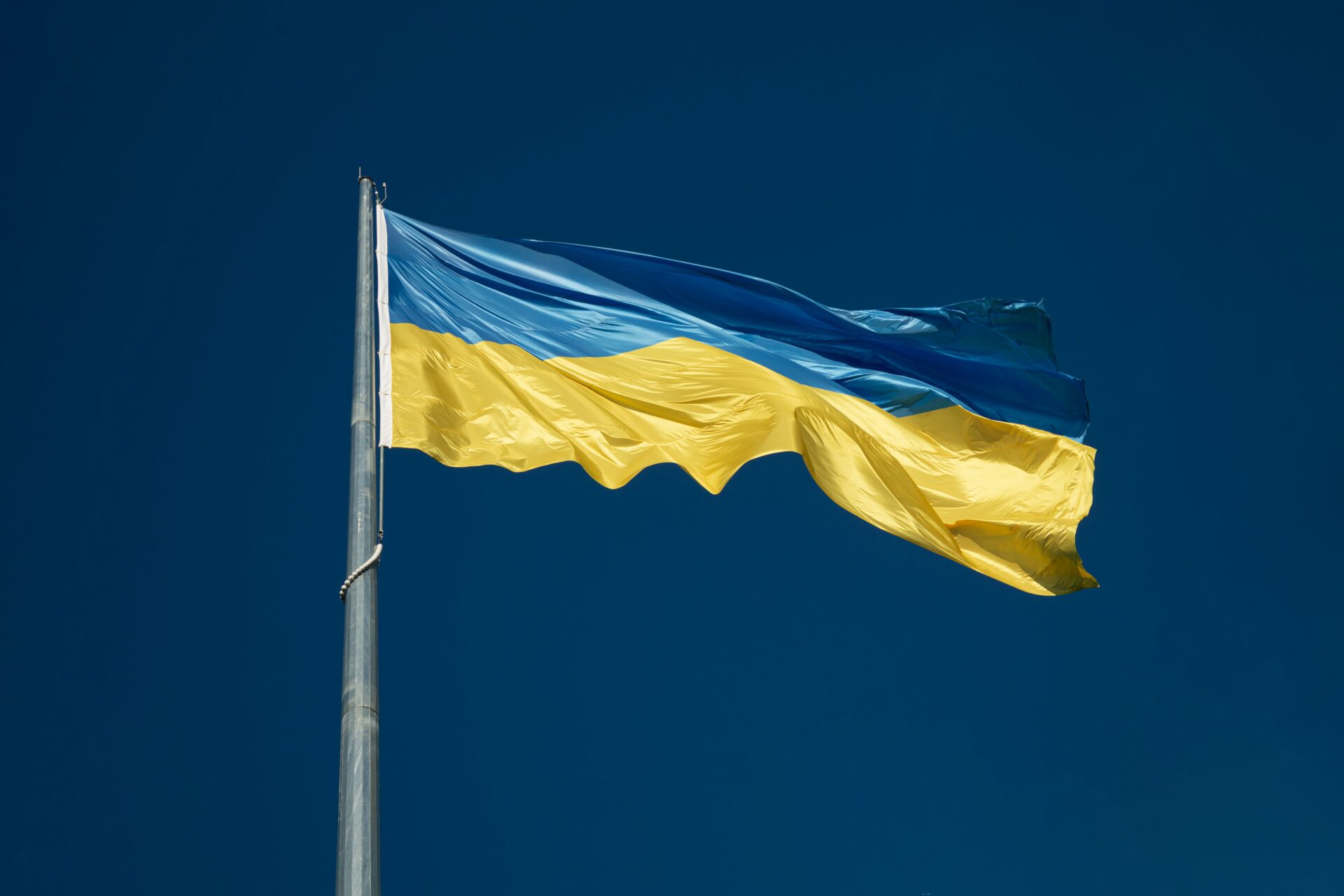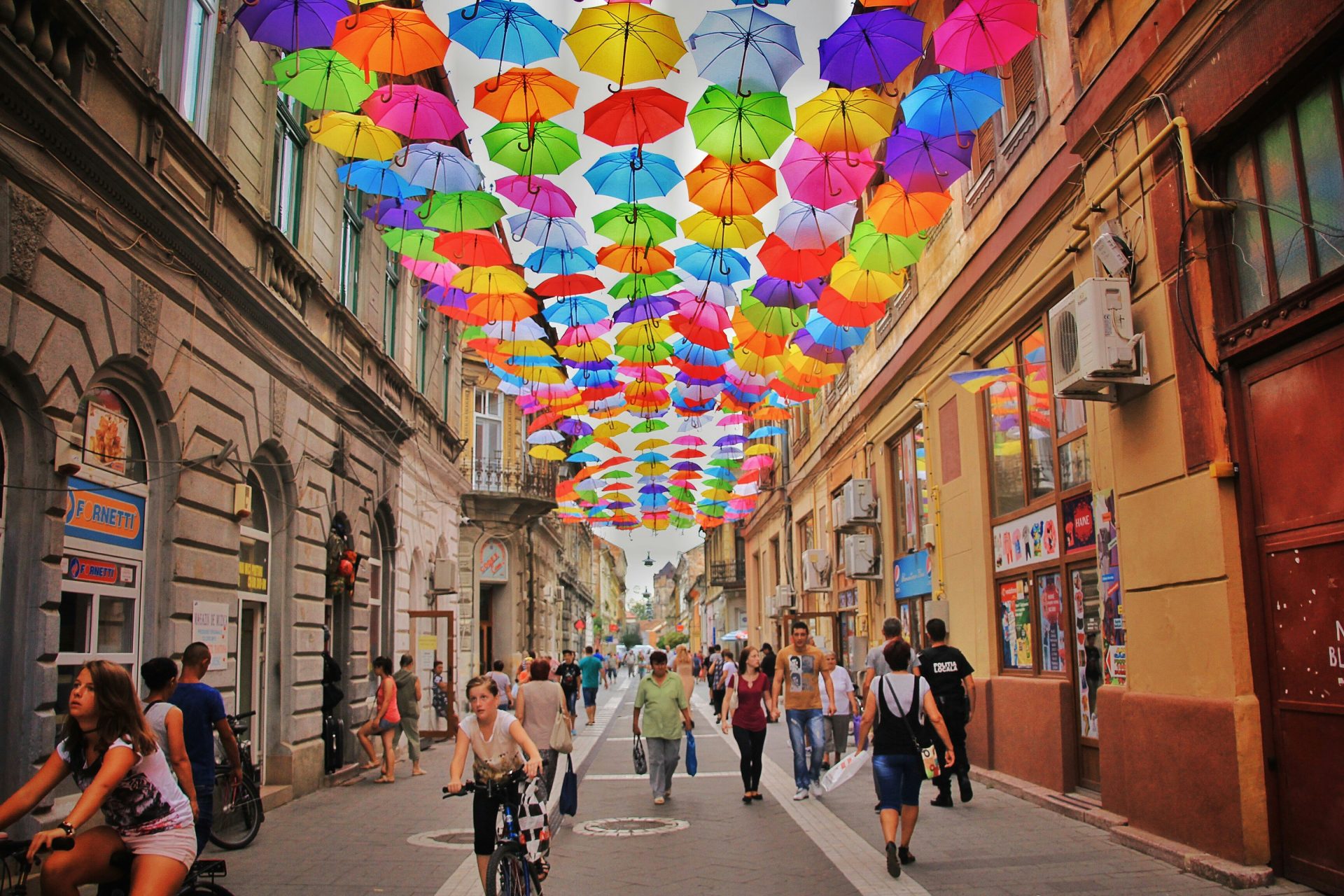Russia’s invasion of Ukraine a flagrant abuse of international law
Over the past week, the world has watched in horror as Russia has invaded Ukraine with complete disregard for international law. While its actions have drawn widespread condemnation from the international community and sparked a united outcry from large chunks of the international community, the invasion continues, and a Russian military convoy is on the outskirts of Kiev at the time of writing.
Wile Horasis is an impartial/politically neutral organisation, the events of the past week cannot be ignored. Russia’s assault of Ukraine is clearly against international law, and a crime against humanity, and this unjust war must be called out for it is. This invasion also further strengthens Horasis’ resolve to continue supporting multilateralism across the world.
Following the collapse of the erstwhile Soviet Union in 1991, Ukraine held what was then the third-largest nuclear arsenal in the world. It was cajoled into giving up its nuclear warheads and to disarm, in exchange for economic compensation and security assurances. Ukraine was offered economic assistance from the US to dismantle its missiles and nuclear infrastructure and handed warheads to Russia in exchange for compensation. It was also assured its security.
That promise is broken.
This isn’t the first time Russia has attacked Ukraine’s sovereignty. In 2014, it annexed the Crimean peninsula, invaded eastern Ukraine, and backed Russian separatists in the eastern Donbas region, in a conflict that has killed more than 14,000 people to date.
Tensions between the two countries have simmered since then. In October 2021, Russia began moving troops and military equipment near its border with Ukraine, igniting fears of a possible invasion. But fears that were cast aside by most, and very people expected a full-scale invasion.
By mid-December 2021, Russia issued a set of demands to the West and warned of a military response if its demands were not met. The eight-point draft included ban on Ukraine joining NATO, and ceasing of any military activity in Eastern Europe and Central Asia by the US and NATO.
The US and other NATO allies rejected these demands warning of severe economic sanctions if Russia invaded Ukraine.
By late February 2022, tensions worsened, with Russian President Vladimir Putin ordering hundreds of thousands of Russian troops to Luhansk and Donetsk, separatist regions in Eastern Ukraine. On the morning of February 24, Putin announced the full-scale invasion of Ukraine, targeting Ukrainian military assets and cities across the country.
Part of Russia
Putin has always considered Ukraine a part of Russia, and has said Russians and Ukrainians “were one people – a single whole.” And in another official translation from the Kremlin, Putin had said, “Ukraine is not just a neighboring country for us. It is an inalienable part of our own history, culture and spiritual space. Since time immemorial, the people living in the south-west of what has historically been Russian land have called themselves Russians.”
Jonathan Steele, a former Moscow correspondent for The Guardian, said, “Putin lost his patience, and his temper. He is furious with the Ukraine government. He feels it repeatedly rejected the Minsk agreement, which would give the Ukrainian provinces of Donetsk and Luhansk substantial autonomy. He is angry with France and Germany, the co-signatories, and the United States, for not pressing Ukraine’s president, Volodymyr Zelenskiy, to implement them.” He further goes on to add that, “He [Putin] is equally angry with the Americans for not taking on board Russia’s security concerns about NATO’s expansion and the deployment of offensive missiles close to Russia’s borders.”
For years now, Russia has been insecure about NATO expansion in eastern Europe as country after country has been drawn to the EU. Ukraine joining NATO would be the last straw.
Moreover, Putin has accused the Ukrainian government of being genocidal and neo-Nazi. In a televised speech on the night before the attack, he said as much: “The purpose of this operation is to protect people who, for eight years now, have been facing humiliation and genocide perpetrated by the Kyiv regime.”
Many observers are of the view that Putin simply wants to change the government in Ukraine and put in place a puppet regime in Kyiv that is pliant. Some observe that Putin wanted this exercise to be completed in a matter of 2 to 3 days, but Ukraine’s resolve has ensured this has not happened. The longer this war continues, the more misery it will spread in Ukraine, and the more it will batter Russia’s already struggling economy.
The world reacts
Finally, the world is reacting to Russia’s actions in Ukraine, but is it too little and too late? It is true that Putin’s invasion has galvanized public opinion against the war, and unified Europe in a manner a few other things have in the past decades.
Germany, for example, saw a sudden shift in policy approach in the past week. From being largely non-interventionist and intentionally removed from conflict, it has now committed to increasing its annual spending on defence to more than 2 percent of GDP. European nations have also begun supplying Ukraine with weapons to counter Russia’s invasion. However, they have ruled out any military intervention for now.
Additionally, they have also imposed sanctions on Russia, and frozen the assets of oligarchs and senior government officials to put Russia to back down. But Putin shows no signs of relenting. In fact, the intensity of the attacks has increased, with even civilian areas being targeted.
This war must end now. The world cannot afford to simply watch from the sidelines while Russia continues to mock the new global order.




